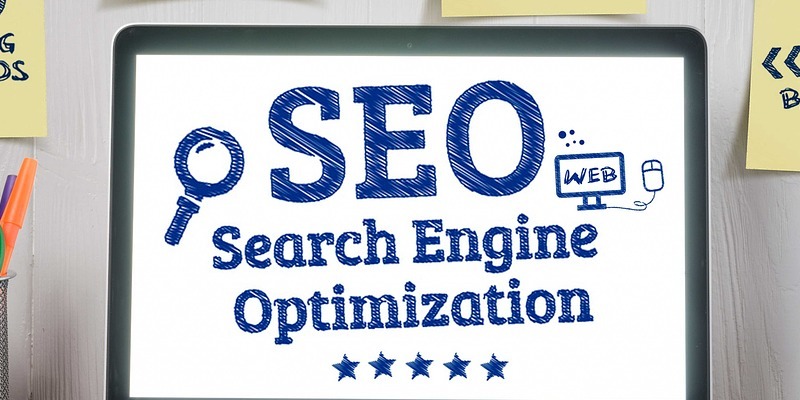The long-standing belief within the SEO community that linking out to other websites significantly improves search engine rankings has recently been debunked. Google’s John Mueller clarified that there is no specific SEO benefit tied to the practice of outbound linking. This idea, often referred to as "canonical SEO," is based on entrenched beliefs in the SEO community that are frequently grounded in outdated practices or speculative reasoning rather than solid research or official statements from Google. Despite its pervasiveness, this myth lacks a clear contextual understanding from Google’s perspective, casting doubt on its effectiveness.
Origins of the Outbound Link Myth
The origins of the outbound link SEO myth can be traced back to 2005, a period when the SEO community responded to Google’s statistical analysis of spammy linking patterns. This analysis prompted SEOs to create "normal-looking" links, particularly by surrounding paid links with authority links to reputable websites, such as .edu and .gov pages. Over time, this practice evolved into a belief that outbound linking itself was inherently beneficial for SEO, even though Google’s rationale was not entirely clear to the community. This belief became more entrenched as SEOs began to echo each other’s sentiments without a thorough understanding of the underlying mechanics.
The initial suggestion by Googlers was made in response to internal SEO practices where linking out was avoided to "hoard" PageRank. Over the years, this original advice morphed into an entrenched belief that linking out could positively influence SEO rankings. SEOs continued to propagate this advice, believing that outbound links to high-authority sites made their content appear more credible and trustworthy in the eyes of Google. Despite lacking empirical evidence, this practice persisted, eventually becoming a key component of many SEO strategies.
Google’s Position on Outbound Links
Recently, John Mueller addressed this myth directly on LinkedIn when asked about the optimal number of outbound links for a 1,000-word blog post. Mueller emphasized that Google does not have a counting mechanism for links or words in content and advised focusing on writing for the audience rather than search engines. According to Mueller, the number of outbound links should be determined by the relevance and quality of the content, not by an arbitrary SEO formula. Link attributes, such as "nofollow" tags, were also mentioned as factors SEOs tend to overemphasize without understanding their true impact on rankings.
Mueller’s primary recommendation was creating content that genuinely serves the audience, rather than adhering to specific SEO formulas related to outbound links. This means focusing on quality, relevance, and user satisfaction as the main drivers of content creation. For outbound links to be effective, they should fit naturally within the content’s narrative, such as citing sources or mentioning scientific research. When content is audience-centric and provides value, it is more likely to be favored by Google’s evolving algorithms, which prioritize user experience and relevance.
The Shift to User-Centric Content
The long-held belief that linking to other websites significantly boosts search engine rankings has recently been called into question. Google’s John Mueller has clarified that there’s no specific SEO benefit associated with the practice of outbound linking. This notion, often labeled as "canonical SEO," is deeply rooted in the SEO community and is based on outdated practices or speculative reasoning rather than solid research or official statements from Google. While linking to other sites is commonly believed to enhance your own site’s search engine performance, this myth doesn’t have the backing of clear evidence from Google. The misconception persists, however, largely due to long-standing, yet misinformed, SEO practices and the reluctance to embrace updated guidelines. Although outbound links can provide value to readers and may improve user experience, attributing significant SEO advantages to them is misguided. It’s important for website owners and SEO professionals to focus on more reliable, evidence-based strategies for improving search engine rankings.

